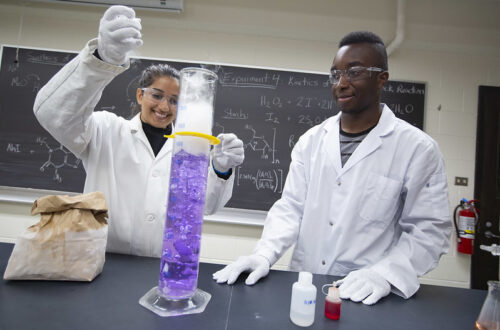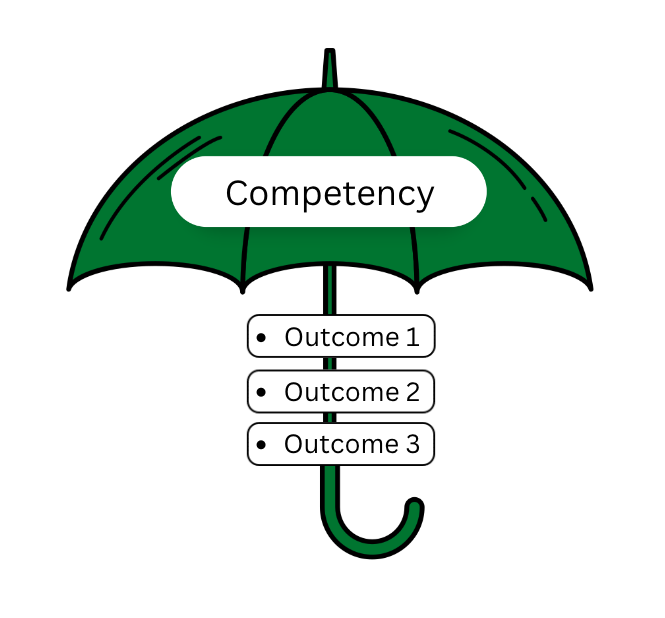Creating Time for Intellectual Creation: Deep Work and Maker Time
By Carolyn Hoessler
The familiar challenge:
We are 6 weeks into summer, and in the pile on our desk about mid-way down is that proposal, paper, course redesign that there has yet to be time for.
Each week offers 40+ hours, yet there can barely be 2 hours of continuous focused worktime strung together. How can this be?
What’s going on:
We have time but how we use it changes the quality of that time for worse or for better. Just as fractures weaken the structure integrity of a beam, or aesthetics transform an object into art, time’s productivity is transformed by our use.
Within computer science and programming there is a distinction between maker time and manager (meeting) time. The first involves chunks of time where one can focus on conceptualizing and working through the depth of a design without surfacing to respond or shift to other topics. Managerial time, conversely, is broken up and additive. One more meeting in a day full of meetings does not have the same cost as a meeting in the middle of block of maker time.

At a recent SoTL writing retreat, a faculty member commented how it was the first time they had read a full article uninterrupted. It can even take a few hours to settle into comfortable realization that the knock will not come, and the email (turned off) will not ding. By then also having become reacquainted with the project, work starts to build and more is accomplished in a day or two than in weeks past.
This call to create space in our week (or at least in our summer) for focused work is the drumbeat of Cal Newport’s 2016 book Deep Work: Rules for Success in a Distracted World. He posits that creating space and scheduling for deep intellectual work is the act of taking a chunk of time and maximizing productively. In a recent podcast, he speaks of both what is gained and how focus gets weakened by quick novel stimuli like emails, online, social media etc. It is a shift from talking and thinking about a project to conceptualizing and creating.
Synthesis, analysis, conceptualization, and creation (including writing) are higher levels of learning and thinking that requires deeper focus, executive cognitive functioning, more active engagement, and reflection.
So what can I do now?
The GMCTL has 4 Deep Work time opportunities that provide focused time to work with expertise and facilitation as you need it.
- SoTL Writing Retreats (July 20, 21 & 22) with uninterrupted time and on-hand consultations for faculty, instructors or staff working toward publishing on a teaching and learning research project. Select a morning or come for 3 days or any combination in between. Register, we will confirm your choice of days and times via email.
- Time for Course Design & Prep – In addition to the course design institute offered each year, we offer Drop-in mornings or afternoons. July 26 9:30am – 12:00pm is the next Consultations & Coffee Drop-In Morning. Bring what you have so far including any questions and ideas, and stay for time to work. *Registration is not required.
- Book “Deep Work” space for you, your course team or SoTL project colleagues to meet. We can arrange for a space and customize the level of facilitation and support you want from a few minutes to more. Contact GMCTL.
- Get unstuck – book a consultation to think through a course idea/challenge, a research design for a SoTL project, or an upcoming term. Contact GMCTL.
Overtime, identify what works for you. Each person’s approach to Deep Work, like preferences in morning beverages, are unique, though with shared key ingredients and conditions to percolate or steep.


